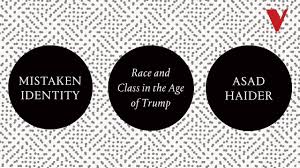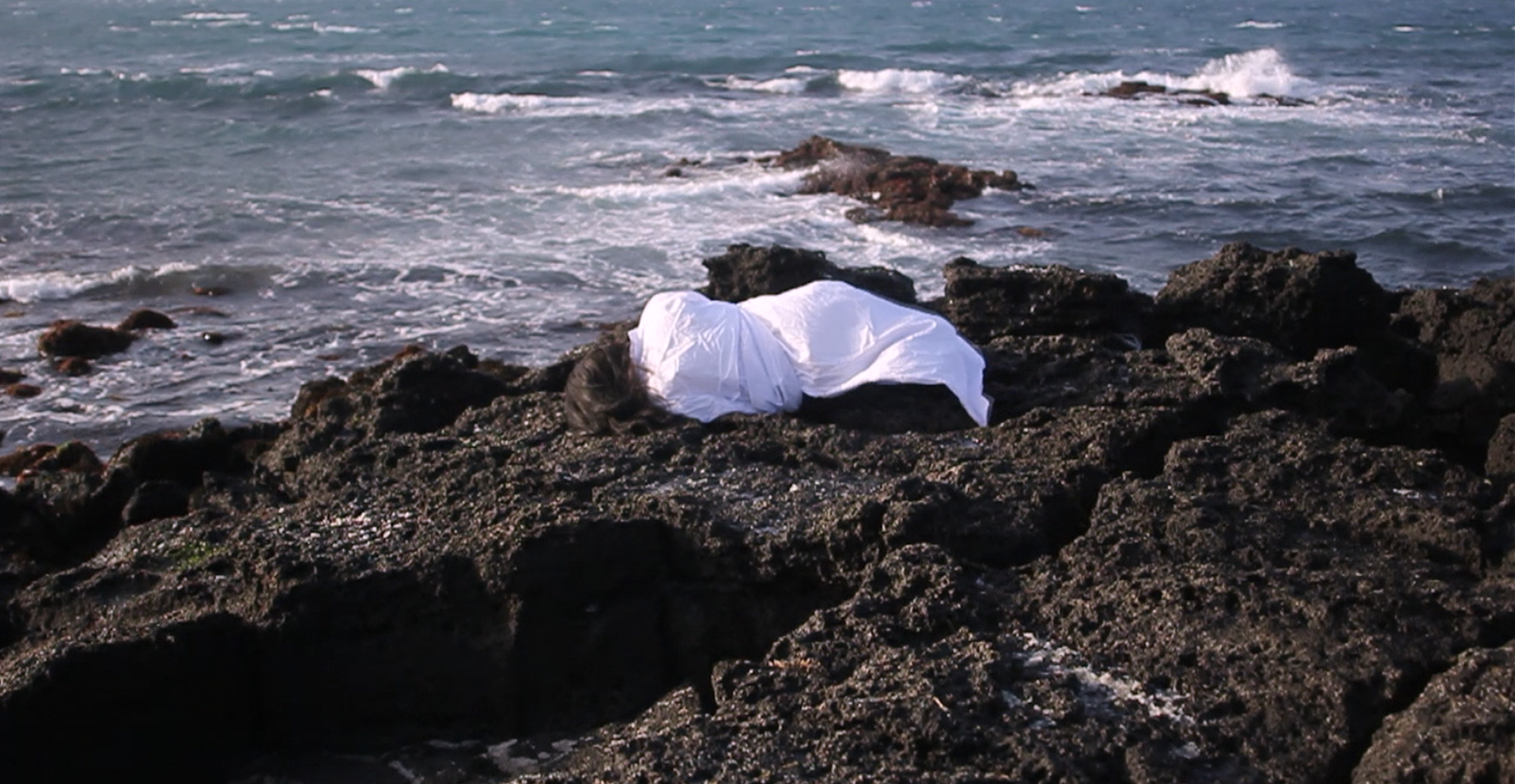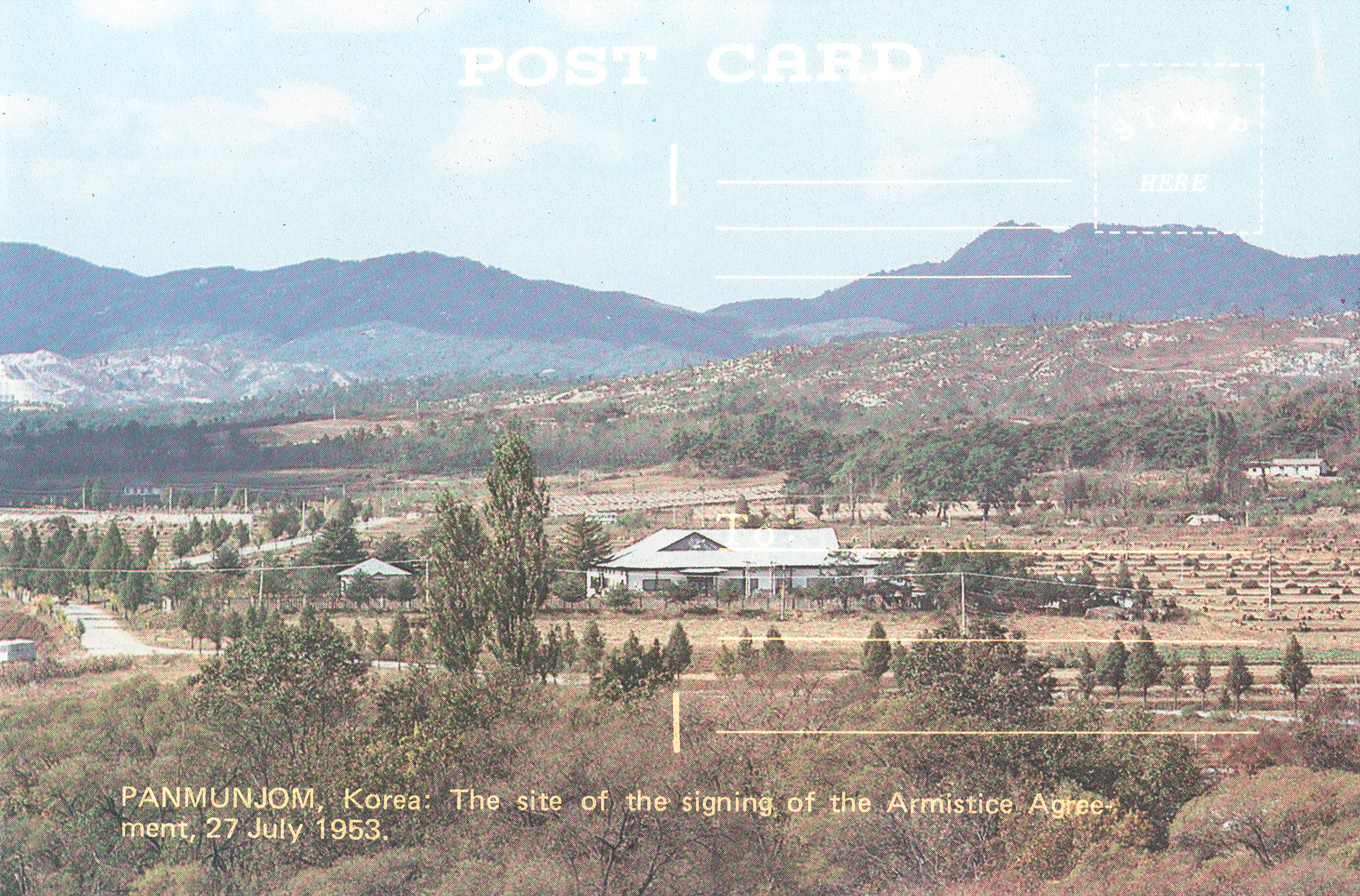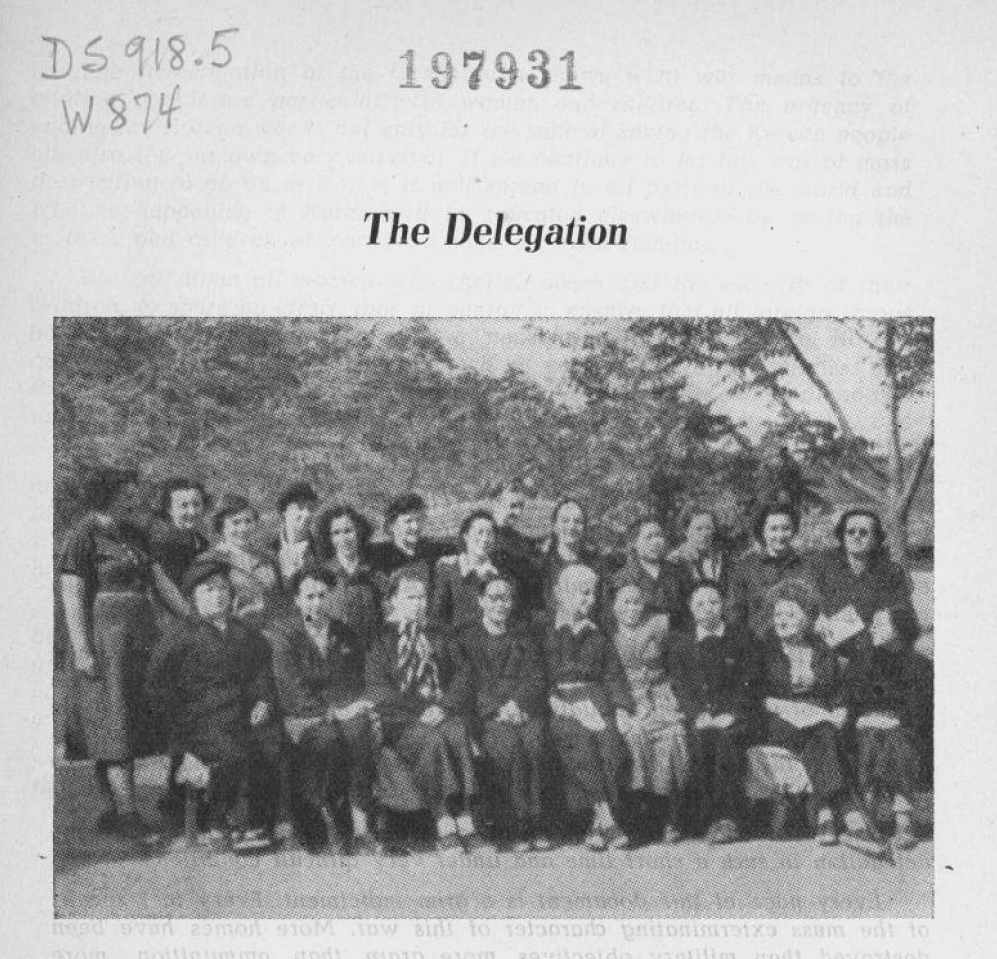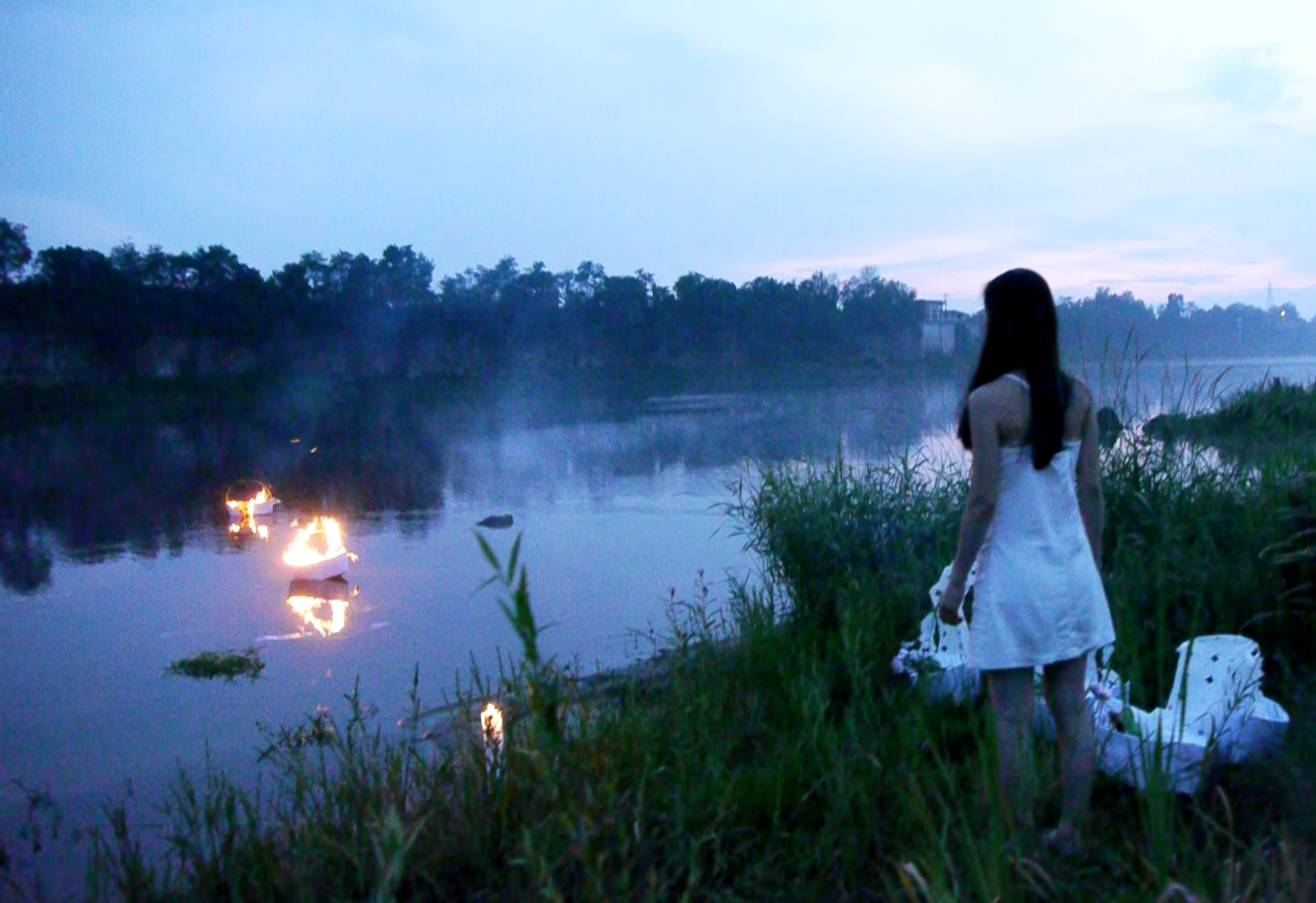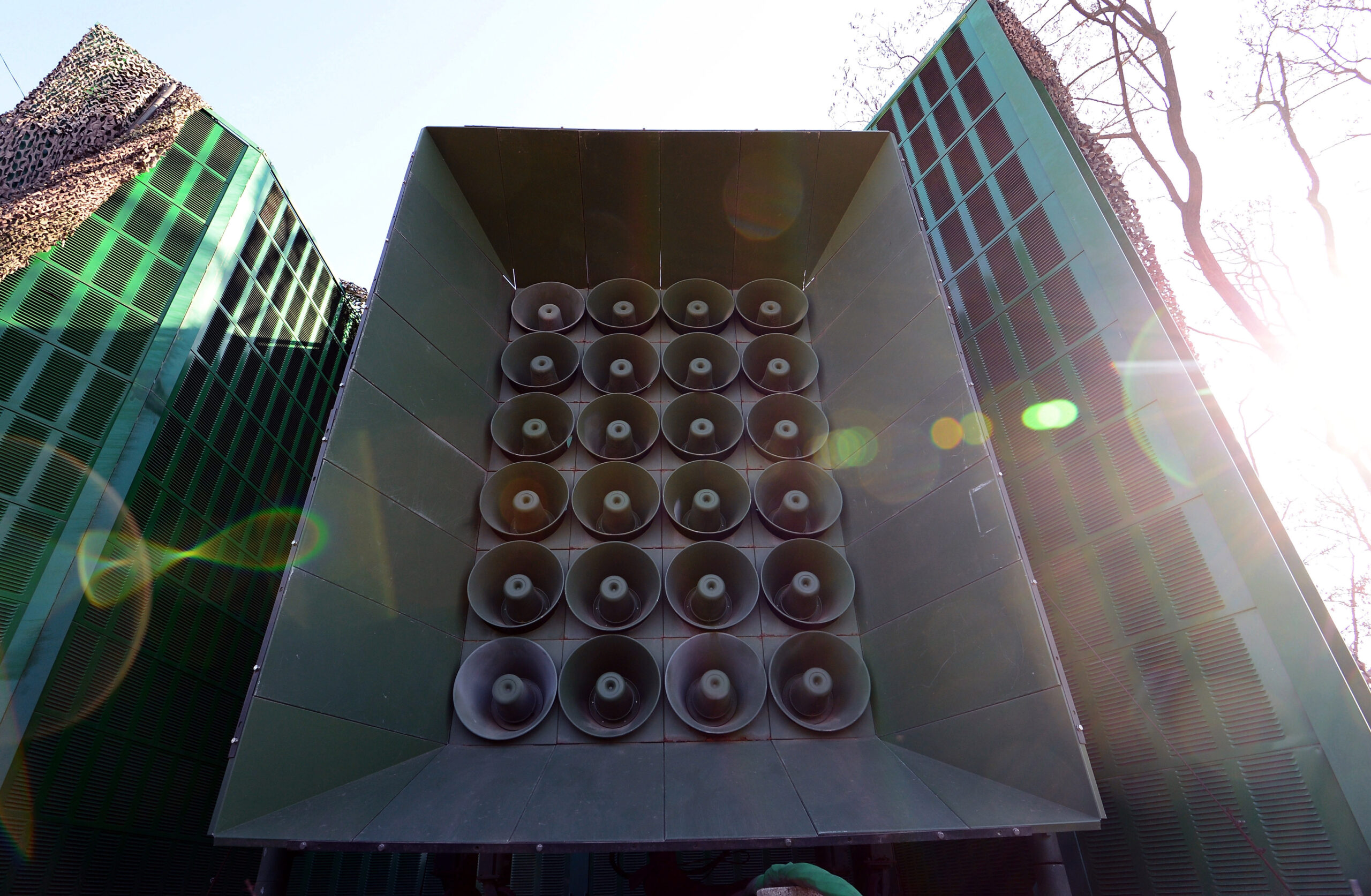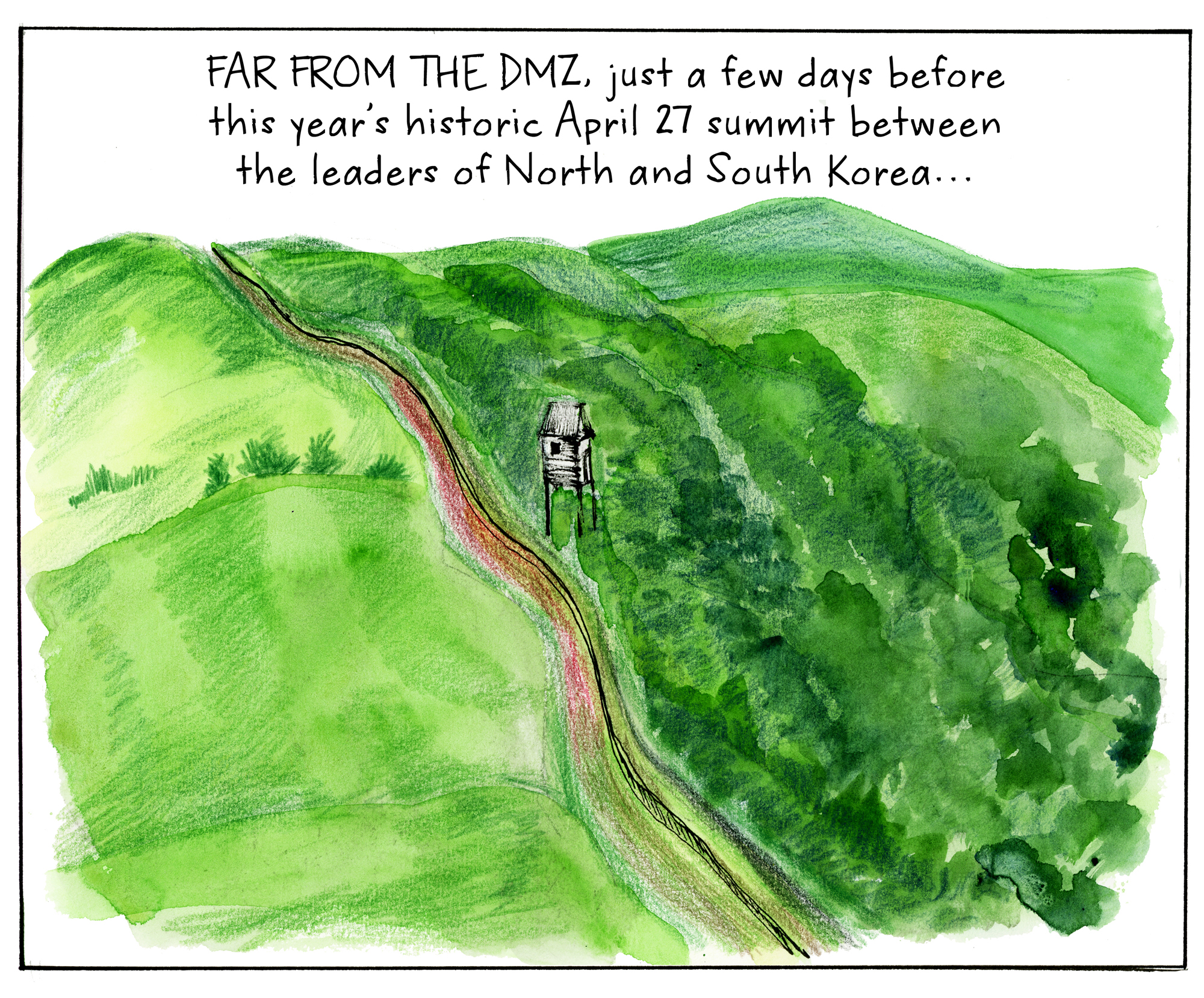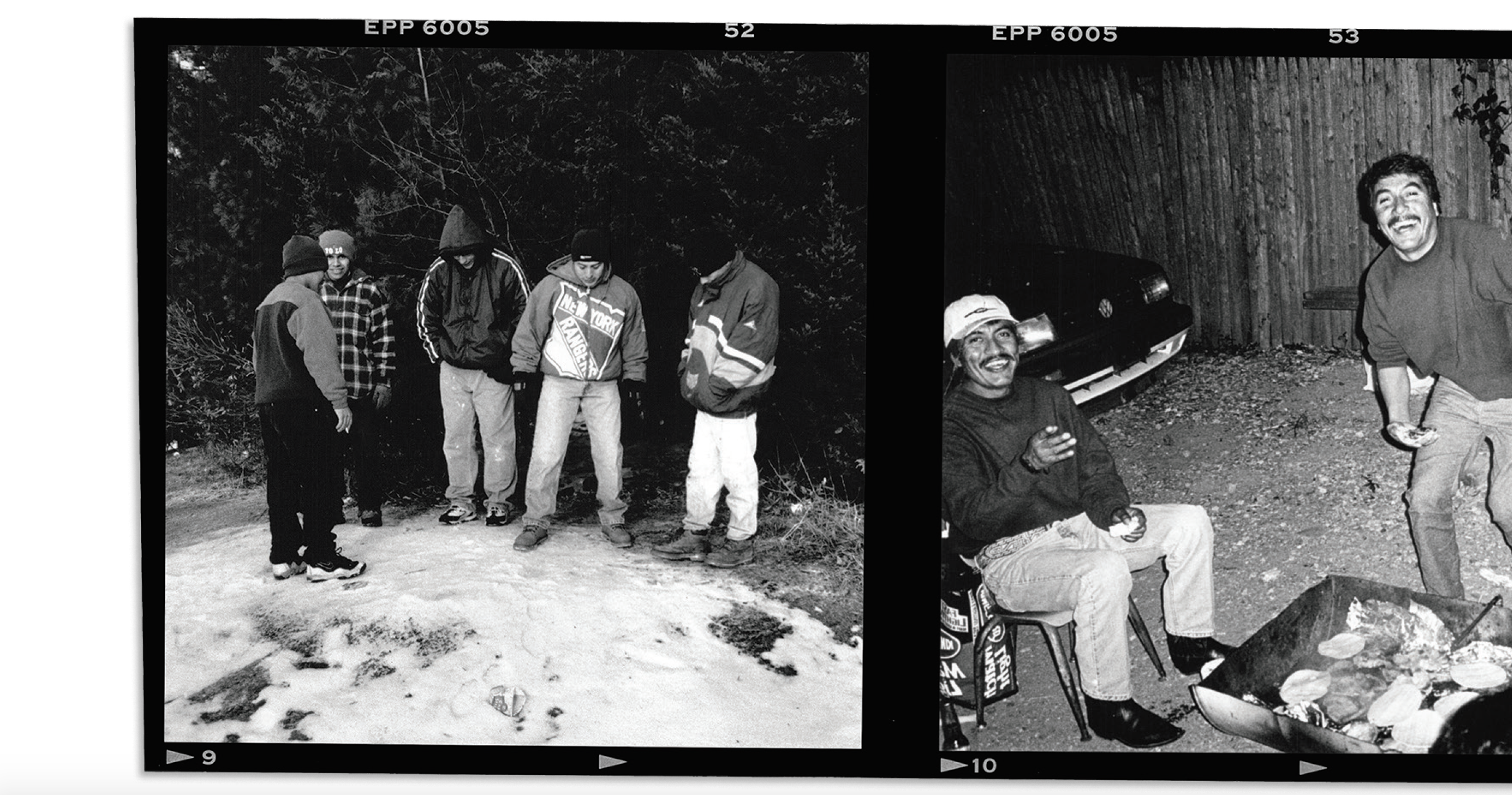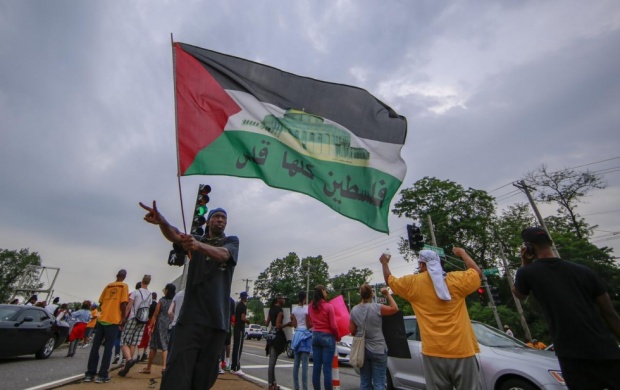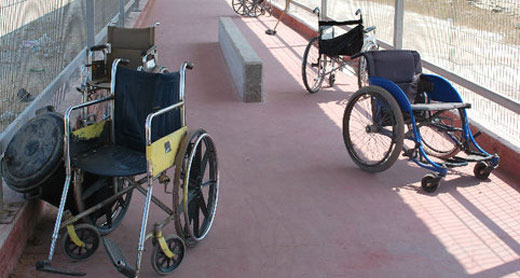Hell is good. To live here, it is good. I really like it! It’s the best thing that ever happened to me. It’s the crowning joy of my life to exist in Hell. It’s amazing. It’s so sweet and charming. … Continue reading “Welcome to Hell”
Category:
Journal from Brussels and Paris
Anna Gurton-WachterI am told that Brussels is the new Berlin, what Berlin was twenty years ago. What this person means is that it is the only spot left in Europe where artists can afford to be artists. I walk to the … Continue reading “Journal from Brussels and Paris”
Towards an Insurgent Politics of the Particular: A Review of Asad Haider’s Mistaken Identity
Bennett CarpenterIf I have to hear another argument about the relative importance of race versus class, I’ll scream. Long a staple of graduate theory seminars, late-night Facebook rants, and the various circular firing squads of the Left, the argument exploded into … Continue reading “Towards an Insurgent Politics of the Particular: A Review of Asad Haider’s Mistaken Identity“
Introduction
Crystal Mun-hye Baik and Jane Jin KaisenIn the past year, political uncertainties in the Korean Peninsula have been pronounced. While much can be said about the oscillating tensions between North Korea, South Korea, and the United States, it has been abundantly clear that official peace agreements … Continue reading “Introduction”
Both Sides Now
Yong Soon MinI purchased two bundles of postcards during my travels to the DMZ, more specifically to Panmunjom and the Joint Security Area–one from ROK (South Korea/SK) in 1995 and one from DPRK (North Korea/NK) in 1998. I selected five images from … Continue reading “Both Sides Now”
Women as “Dupes,” “Stooges,” and “Armies of Beauties”
Suzy KimThe February 2018 Pyeongchang Winter Olympics in South Korea set the stage for the historic inter-Korea and North Korea-US summits, which occurred in quick succession in the following months. The North and South Korean leaders, Chairman Kim Jong Un and … Continue reading “Women as “Dupes,” “Stooges,” and “Armies of Beauties””
Offering, Seven Boats
Soni KumIn this act, performed along the banks of the Imjin River in South Korea in 2015, I provide an offering that gestures to the relationship between the living and the dead in contemporary society. By providing seven paper boats to … Continue reading “Offering, Seven Boats”
The Sounds of Demilitarized Peace
Patty AhnFigure 1. South Korean soldiers erect a tower of loudspeakers along Korea’s Demilitarized Zone. Figure 2. South Korean soldiers adjust the broadcasts from inside a control room. The sounds of militarized division have permeated the landscape in and around Korea’s … Continue reading “The Sounds of Demilitarized Peace”
Far from the DMZ
Sukjong HongUnmaking Borders to Demilitarize Peace: A Zainichi Korean Experience
Haruki EdaBy the end of Japan’s colonization of Korea (1910-45), over two million Koreans lived in Japan. My grandfather, for instance, came to Japan as a soldier in the Japanese Imperial Army. (I don’t know when.) Others had come to supply … Continue reading “Unmaking Borders to Demilitarize Peace: A Zainichi Korean Experience”
Reconfiguring Representation: Rebecca M. Schreiber’s The Undocumented Everyday
Christian RossipalIn the face of structural dispossession and intensified border regimes, what does it mean to demand or to defy “more visibility” and “better representation” as an undocumented migrant? This is a central question in Rebecca M. Schreiber’s recently published The … Continue reading “Reconfiguring Representation: Rebecca M. Schreiber’s The Undocumented Everyday“
Introduction: Relation, Exception, and the Horizons of Critique in Jasbir Puar’s Work
Peter Coviello and Hentyle YappThis Social Text Periscope dossier offers reflections on Jasbir Puar’s work from Terrorist Assemblages: Homonationalism in Queer Times to The Right to Maim: Debility, Capacity, Disability. With The Right to Maim’s release occurring on the tenth anniversary of Terrorist Assemblages, … Continue reading “Introduction: Relation, Exception, and the Horizons of Critique in Jasbir Puar’s Work”
Race, Affect, and Assemblage: Toward Brown Jouissance
Amber Jamilla MusserTerrorist Assemblages brilliantly illuminates the imbrication of race and affect. While not dispensing with the complex histories that have shaped racial categories, Puar’s book draws our attention to race as an affective landscape—pulling materiality, discourse, and emotions into the fray … Continue reading “Race, Affect, and Assemblage: Toward Brown Jouissance”
blackpalestinian breath
Fred MotenJasbir Puar’s work in The Right to Maim is crucial to understanding not only that the nature of settler colonialism is genocidal but also how that genocidal nature operates. Settler colonialism is, in each and every case, a state operation, … Continue reading “blackpalestinian breath”
Maiming Palestinian Time
Helga Tawil-SouriJasbir Puar’s argument in The Right to Maim of Israel’s deliberate debilitation of Palestinians—by bodily and psychological injury, social exclusion, economic stunting, and political encumberance—is a poignant one. Indeed, one simply has to turn on the news to see tens … Continue reading “Maiming Palestinian Time”




